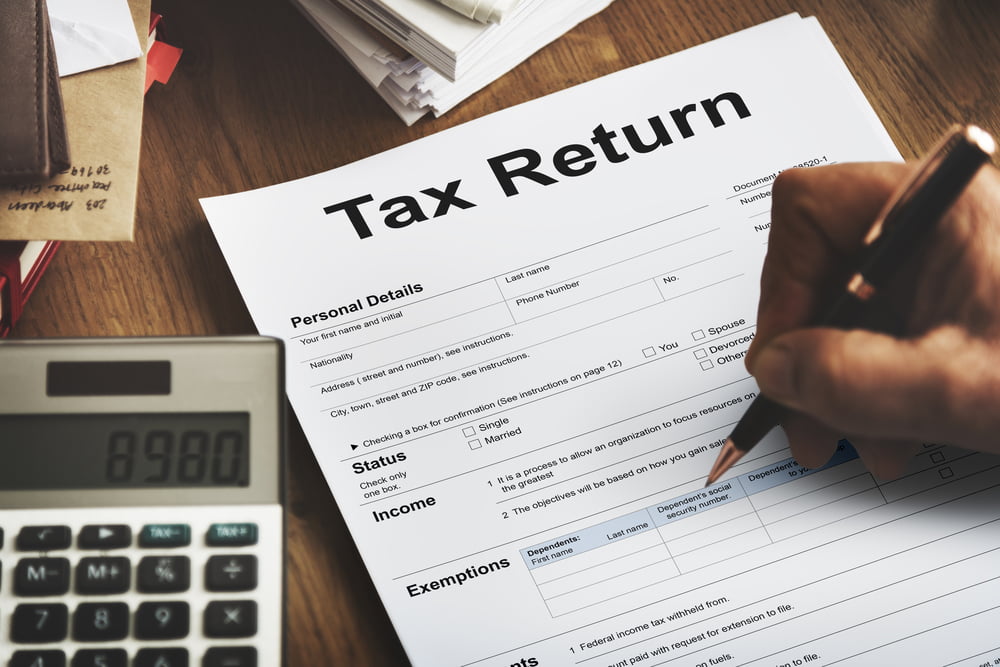The end of the financial year sees people rushing to file income tax returns in adherence to the strict guidelines of the Internal Revenue Service (IRS). The guidelines are meant to ensure a smooth and quick tax filing process. IRS also offers ample time and information to get the job done. However, one can still make missteps in the return filing process, leading to delays and rejection. So, here are common mistakes to avoid:
1. Filing the returns too early
One might enjoy getting work done before deadlines. However, it isn’t the best idea when filing tax returns, as the latest tax forms could be issued later than usual. So, filing tax returns too early could result in one missing out on any vital updates to the process or documentation, which could delay the whole tax refund process. So, one should ensure they have the latest information before filing for returns.
2. Choosing the wrong filing status
One of the most common mistakes in filing income tax returns is choosing the incorrect filing status. There are five tax filing statuses to choose from: head of household, married filing jointly, qualified widow(er), married filing separately, and single. The status determines the tax bracket, tax credits, and amount of standard deductions one can claim. So, one should carefully select the right status when filing for tax returns.
3. Making calculation errors
While filing for tax returns, it is easy to make math errors if one is not careful. This is more common among those who file returns at the last minute. The errors here might involve simple addition or subtraction mistakes or more complex calculation lapses. The IRS software typically detects these errors and asks the taxpayer to resolve them. However, this could delay the returns process.
4. Entering the wrong bank account number
There are various methods through which one could choose to receive their tax returns. A direct deposit is a common choice because it takes less time for a successful transaction. However, if an incorrect bank account number is submitted, the money might be sent to the wrong account. While one might get every detail of their tax filing process right, one may end up adding an additional digit or miss one accidentally when entering the bank account number. While the money will be rerouted to the correct account after a correction is made, the process might delay the tax refund. So, one should ensure they carefully check each digit of the bank account number more than once before submitting the documentation.
5. Using the wrong social security number
Submitting the incorrect Social Security number (SSN) could make it difficult for the IRS to issue returns. The IRS uses the SSN digits to verify the information submitted by the taxpayer. These details are cross-verified against the information provided by the bank, employer, and other relevant establishments. So, even if one has entered all the details correctly, an error in the SSN can make the IRS reject the return, delaying the refund.
6. Misspelling the name
The name one enters while filing for tax returns could be incorrect for multiple reasons. One could accidentally miss out on their middle name or write the name in an incorrect format. One should note that the taxpayer and dependent names listed on the return should match the ones printed on the respective Social Security cards to the tee. Moreover, if one has changed their name, they must ensure that the Social Security Administration is informed of the change.
7. Not signing the returns
E-filing has become one of the most popular methods to file for taxes. Despite the fluidity of the process, it is not uncommon for one to forget to add a digital signature. The sign makes the return valid in the eyes of the IRS, so filing an unsigned return may result in the rejection of the claim. So, one should double-check that the return has their signature and their partner’s (if filing jointly) before sending it to the IRS. Those who prefer submitting documents physically must sign and get them vetted by a financial expert before handing them to the Internal Revenue Service.
8. Missing the deadline
Those who delay tax submissions are liable to pay late fees. Further, if one is planning to file returns after the deadline, the IRS will allow it if it is informed beforehand. All one has to do is request an extension by filling out Form 4868 before the tax-filing deadline to get additional time for filing returns. Here, doing nothing and missing the deadline would mean incurring a 5% penalty on the amount due for every month or partial month that the return is delayed. The maximum penalty is 25% of the amount due. One may also end up owing interest on taxes outstanding after the deadline, even if they have received an extension. Furthermore, the IRS might levy a late-payment penalty, usually about 0.5% per month, on the outstanding tax unpaid by the filing deadline, again with a maximum penalty of 25%. To avoid incurring these charges, one should ensure they file returns on time or seek an extension in a timely manner.

















